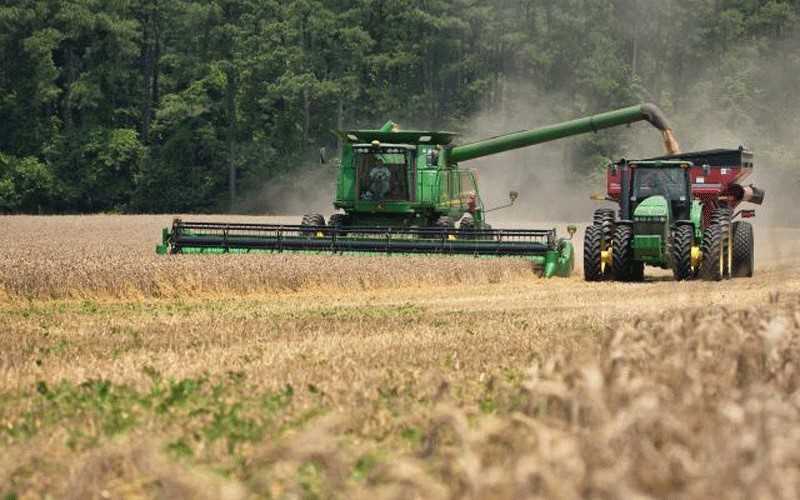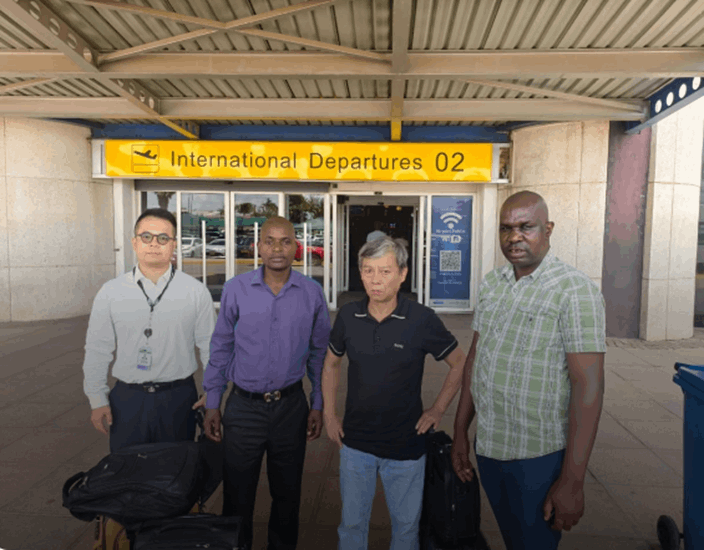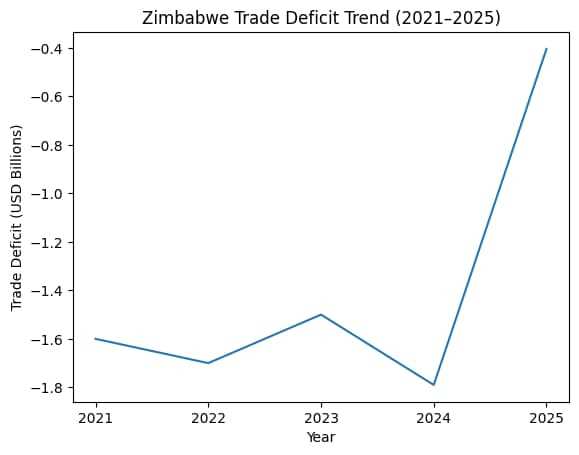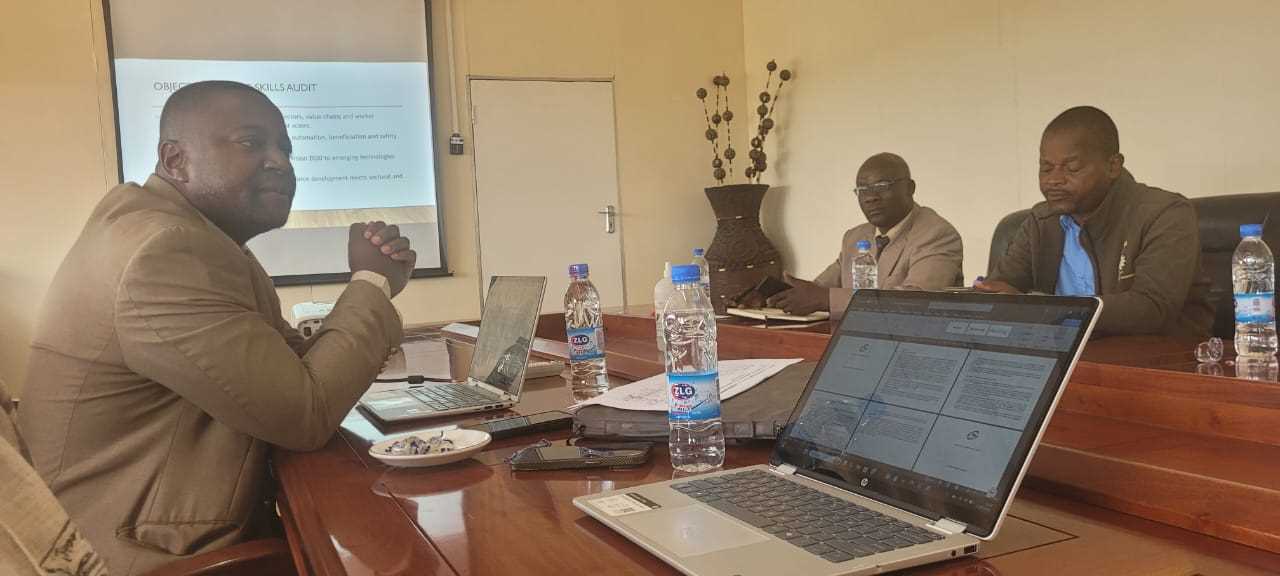
Zim Now Writer
Wheat farmers have been told to honour their commitments by paying back loans from financial institutions that funded their production.
"When it comes to the issue of loans between farmers and banks it must always be a win-win situation. Farmers are given the loans to help them in their agricultural operations and when they harvest, they get paid, hence must make it a priority that they pay back the loans," said Agriculture permanent secretary Dr John Bhasera.
He was addressing farmers during a consultative meeting in Marondera recently.
The farmers said inflationary exchange rates and high interest charges have eroded the value of their earnings, thus compromising their ability to pay back loans.
Farmers sell their wheat to government through GMB and are paid at prices pegged by the state.
In the past farmers have benefitted from various government funding programmes, some of which were written off or packaged as free grants.
Bhasera said wheat farmers should also pay their water and power bills to the relevant utility companies to ensure sustainability of production.
Related Stories
He said government would ensure that farmers get the power they need to ensure continued production.
"We want to ensure the continued sufficiency of wheat and flour production in the country and being aware of the current power shortages, we will ensure power supply in areas that have more wheat farmers," added Bhasera.
Mashonaland East is set to produce about 14 percent of the targeted 100 000 ha of winter wheat production.
In the 2022 season Zimbabwe managed to harvest 375 000 tonnes of wheat, achieving self-sufficiency for the first time in years.
This means the country is protected from the vagaries of international wheat trade which has been made particularly volatile by the Ukraine conflict as Russia and Ukraine produce a significant volume of the world’s wheat supply.




















Leave Comments